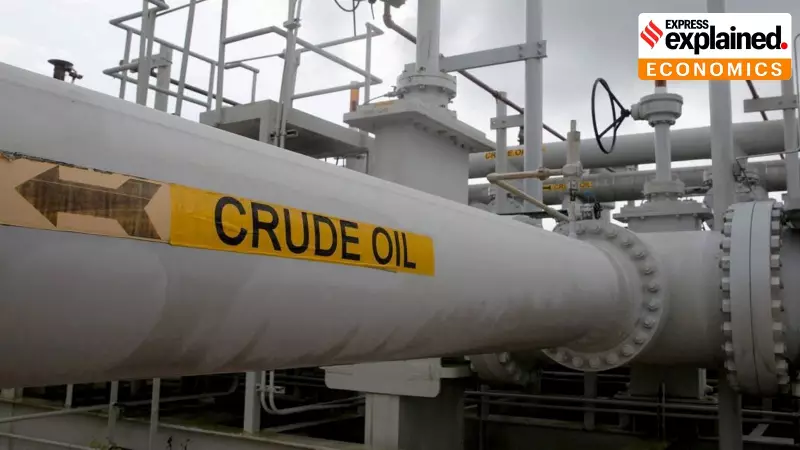
India's carefully calibrated energy strategy is paying unexpected dividends as Western sanctions tighten the tap on Russian oil shipments. The changing dynamics are providing New Delhi with precisely the breathing room it needs to gradually diversify its crude sources without disrupting energy security.
The Sanctions Squeeze: What's Changing?
Recent months have witnessed a significant tightening of Western restrictions targeting Russian oil exports. These measures have created substantial operational challenges for Moscow's crude shipments, particularly affecting the shadow fleet of tankers that Russia relies on to circumvent sanctions.
The impact is measurable and immediate. Insurance complications, payment processing hurdles, and heightened scrutiny of shipping documentation have combined to create what energy analysts describe as a "compliance choke-point" that's slowing Russia's oil export machinery.
India's Strategic Window Opens
For India, which emerged as one of the largest buyers of discounted Russian crude following the Ukraine conflict, these developments create a strategic opportunity. The country can now methodically reduce its dependence on Russian oil without facing sudden supply disruptions or price shocks.
Energy experts note that India's refiners are already responding to the changing landscape by:
- Gradually increasing purchases from traditional Middle Eastern suppliers
- Exploring expanded imports from North and South America
- Strengthening relationships with African crude producers
- Diversifying payment mechanisms to maintain flexibility
The Economic Calculus Evolves
The famous discount on Russian crude—which made Moscow an irresistible partner for cost-conscious Indian refiners—is also showing signs of narrowing. As transportation costs rise and compliance overhead increases, the economic advantage of Russian oil is gradually diminishing.
This normalization of pricing dynamics makes diversification not just strategically prudent but economically sensible. Indian energy planners can now transition at a measured pace rather than being forced into abrupt changes.
Long-term Energy Security Implications
The current situation underscores a critical lesson in energy security: over-reliance on any single supplier, regardless of short-term economic benefits, carries significant strategic risks. India's experience with Russian crude demonstrates the importance of maintaining diversified sourcing options.
As one energy analyst put it, "The sanctions-induced constraints on Russian oil exports have effectively given India an off-ramp from what was becoming an uncomfortably deep dependency. It's a case of external circumstances aligning perfectly with long-term national interests."
The road ahead will see India continuing to balance economic considerations with strategic priorities, but with significantly more room to maneuver than appeared possible just months ago.





